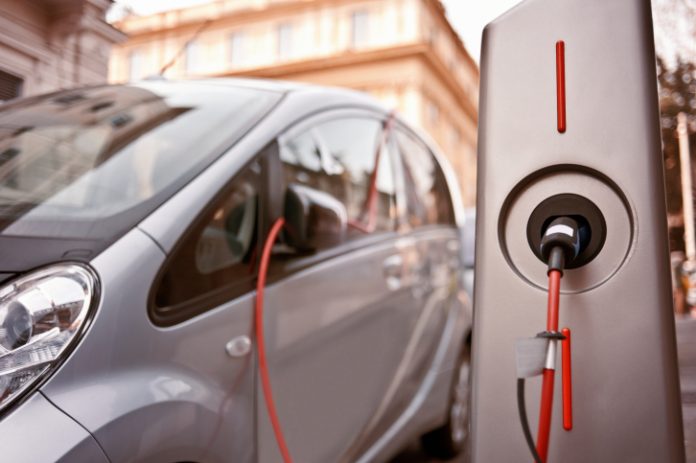Utah state Rep. Suzanne Harrison (D-Draper) has offered a bill, HB 0221, that would authorize a tax credit for the purchase of an electric vehicle (EV), a plug-in hybrid, or a hydrogen vehicle with a sale price of under $55,000.
Under the proposed scheme, buyers of new qualified vehicles would get a $3,000 tax credit and buyers of used vehicles get a $2,000 credit.
Lessees, too, would qualify for a tax credit $1,500. Harrison’s bill also provides tax credit of $1,500 for a new electric motorcycle, and $1,000 for used or leased electric or plug in hybrid two-wheelers.
In addition to wanting to offer state tax credits to purchasers of EVs on top of existing federal tax credits, in 2021, Harrison opposed a bill that would have significantly raised registration fees for electric vehicles to help offset their impact on the state roads and contribute towards road maintenance. The Republican controlled legislature did not adopt the fee increase.
EV Credits Harm the Environment
Although Harrison’s bill would not benefit buyers of more expensive electric vehicles, because research shows relatively wealthy households are the most likely to purchase electric vehicles, the tax credit would still mainly benefit wealthier Utahans.
Research also indicates adding additional electric vehicles to Utah’s roads will be unlikely to benefit the environment. A May 2018 study by the Manhattan Institute found that subsidies and tax credits for zero- and low-emission vehicles increase pollution and environmental costs.
The push for EV subsidies and tax credits stems from the mistaken idea that electric vehicles are cleaner than today’s internal combustion vehicles, says Jonathan Lesser, president of Continental Economics and the author of the Manhattan Institute study.
“Claims that EVs will ‘solve’ climate change are complete nonsense and unsupported by actual data,” said Lesser. “Many who profess concern for the environment and climate change’s impact on it seem to care little about the environmental and social impacts of the mining and manufacturing process for EV batteries.
“Many of the technocratic, primarily urban, elites do not understand the vehicle needs of rural Americans,” said Lesser. “I am all for unsubsidized EVs, including unsubsidized charging infrastructure, competing with vehicles powered by internal combustion engines, but EVs get massive subsidies, both from tax credits and from subsidies for home, business, and roadside charging stations, and by not having to pay to their fair share to maintain highways via state and federal gas taxes, even to preferential use of carpool lanes.”
Political Science, Not Science
Even if the arguments put forth by climate crisis advocates were true, the supposed environmental “benefits” of electric vehicles are limited, at best, says Larry Bell, University of Houston Endowed Professor of Space Architecture.
“Political science rather than objective natural science almost always drives the narrative and consequential government policies,” said Bell. “One must question whether there is any credible evidence that (1) there is a climate crisis, (2) influences of carbon dioxide are measurable, (3) hindcasting of climate models validates any semblance of viability, (4) “extreme weather” events are actually more frequent or severe, (5) sea level changes are really accelerating, and (6) changing global agriculture and land use patterns and changing energy and transportation sources and means would have any real or beneficial effects.
“With regard to supposed EV benefits, one must several key questions, including: where does the electricity to power them come from? What are the environmental impacts of huge wind turbines and the enormous expanses required for solar panels with 12- to 15-year life cycle replacements? Where do the rare-earth materials essential for intermittent energy storage come from and what environmental safeguards do their suppliers, Afghanistan, China, Congo, and the like, provide?,” said Bell. “What happens when all these new EVs are added to already overloaded electric grids? Who pays for the highway uses and subsidies to replace IC engines? And finally, if they are so great, why must governments penalize petroleum powered vehicles in order to make EVs preferable to a reluctant public market?”
Duggan Flanakin (dflanakin@gmail.com) writes from San Marcos, Texas.


























